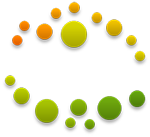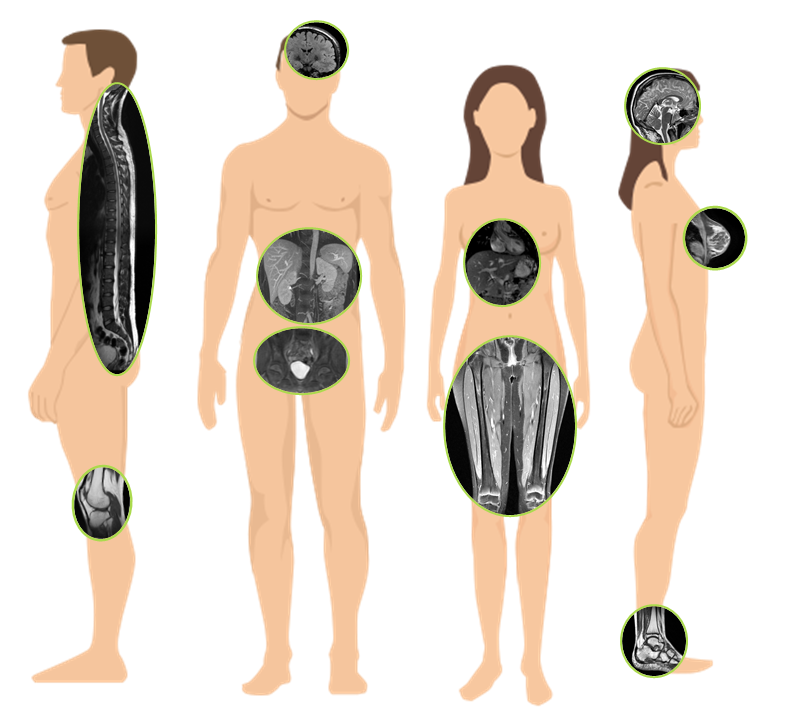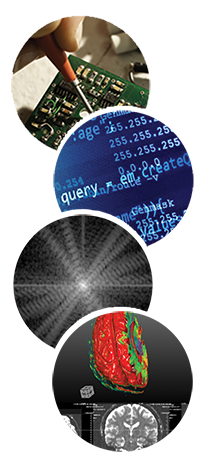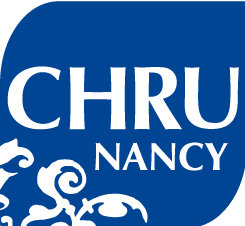
Idea, hypothesis
Methodological advice for project formalisation
Defining the framework for the study with financial, methodological, and scientific requirements, first contact with support structures
|
 Design Design
Help to prepare the study
Multidisciplinary development of the clinical research protocolIn clinical research, a protocol is a document where one can have a complete description of a given investigation: purposes, way it will be conducted, number of subjects included, contributors, statistics aspects, etc. It is an essential document dated and approved both by the sponsor and the investigator. It is a base for the competent authority to decide to implement a study or not. All the contributors must observe it. More, search for financing through public tenders or private partners
|
 Promotion Promotion
Research and application for promotion
Assessments for costs related to research, collaboration with the chosen sponsorIt is a specific term in biomedical research. They are natural or legal persons. For institutional research, they can be CHRU, INSERM, CNRS, etc. For non-institutional research, they usually are industries or private laboratories. The sponsor plays a major role in biomedical research:
• They take the initiative to conduct an investigation
• They manages it - they make sure that GCP are respected, as well as legal requirements, etc. (quality system) - they subscribe to an insurance - they are the contact person with the competent authority ANSM and CPP - they monitor the studies - they archive the documents (archiving period: 15 years)
• They make sure that the investigation is financed
More
|
 Authorisations Authorisations
Technical assistance for administrative procedures
Submissions to the Ethical Research Committee (CPPThe CPP (Ethical Research Comittees) now stands for the CCPPRB (Consultative Ethical Research Comittees in biomedical research). They co-decide with the ANSM (French Agency for medicine security) all the authorizations in biomedical investigations. Those committees were instituted by the law of August, 9 2014 and are certified by the Ministry of Health. Their composition guarantees their independence and the variety of expertise they have in medical field (moral, social, psychological and legal). Their mission is to:
• Give advice on the conditions for the validation of investigations
• Protect subjects who participate in studies.
• Verify the suitability, the exhaustiveness, and the intelligibility of the information produced for the investigation.
• Verify the procedure to obtain consent
• Ensure that there is a reason to conduct a study on persons that may not be able to give their consent.
For more information . . . More), to the National Agency for Medicine Security (ANSMThe ANSM (French Agency for Medicine and Health Products Security) was established by the law of December 29 2011. It deals with the reinforcement of sanitary security for medicine and health products. The ANSM replaced on May 1 2012 the previous Afssaps (French Agency for Sanitary Security for Medicine and Health products). It took over its missions, rights and obligations. It is referred as “competent authority” in the filed of biomedical research. One of the main purpose of the ANSM is to “guarantee the security of heath products over their entire life-cycle”. In clinical research, the “Agency assesses the security and the quality of the products used throughout the investigation. It aims at guaranteeing the safety of subjects who take part in biomedical research”. For more information . . . More), to the French Commission for Data Protection and liberties (CNILLa CNIL, ou Commission Nationale de l’Informatique et des Libertés, est une autorité administrative indépendante française. Elle agit selon la loi « Informatique et Libertés ». Elle veille à ce que l’informatique : • soit au service du citoyen
• ne porte atteinte ni à l’identité humaine, ni aux droits de l’homme, ni à la vie privée, ni aux libertés individuelles ou publiques.
Elle est essentielle dans la recherche clinique puisque ce type de recherche nécessite la collecte de multiples données à caractère personnel voire à caractère sensible (données médicales, etc.). More), etc., assistance to make an investigatorIt is a specific term to clinical research. Investigators are doctor who manage and supervise the conduct of studies. They are the main contact persons with the volunteers (healthy or sick) and are those who inform, do the clinical exam, and retrieve the consent. There are two types of investigators: main investigator (referent) and coordinator investigator (when a study is conducted in various centres). More ‘s brochure
|
 Conduct Conduct
Logistic and technical support for the conduct of the study
Recruiting sick or healthy volunteers, provision of clinical research devices, assistance to investigators, assistance to data acquisition and/or to findings analysis
|

Enhancement
Support to enhance the study
Assistance for the writing of scientific papers, and for the findings publication (mentioning CIC-IT support).
|



 Design
Design Promotion
Promotion Authorisations
Authorisations Conduct
Conduct







